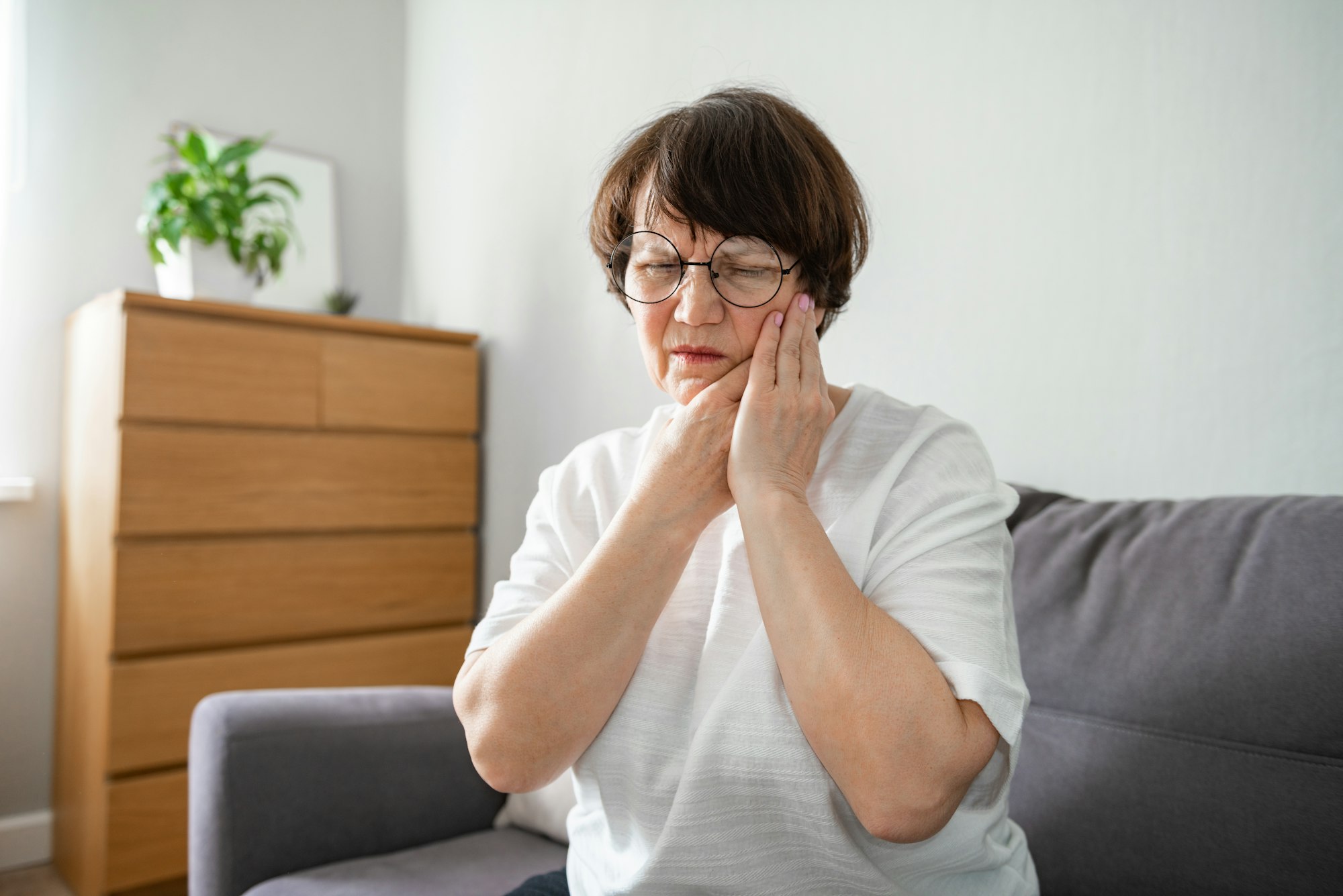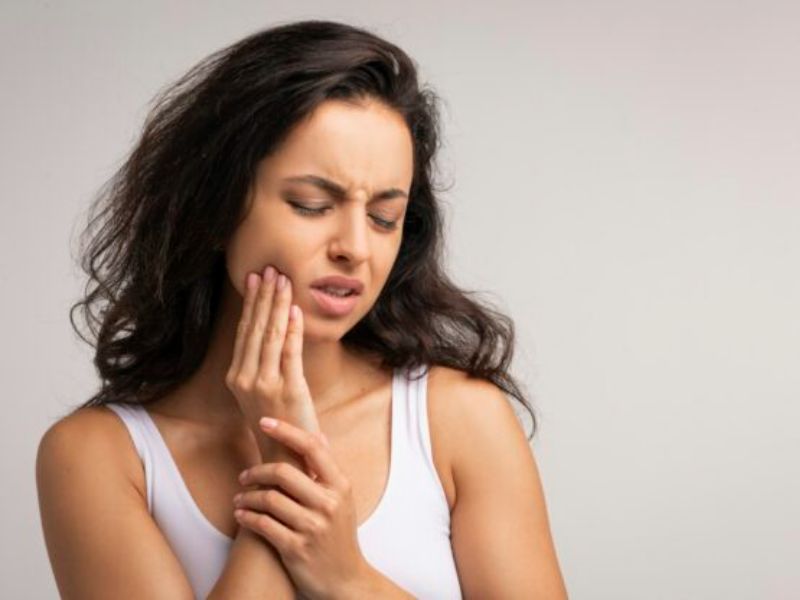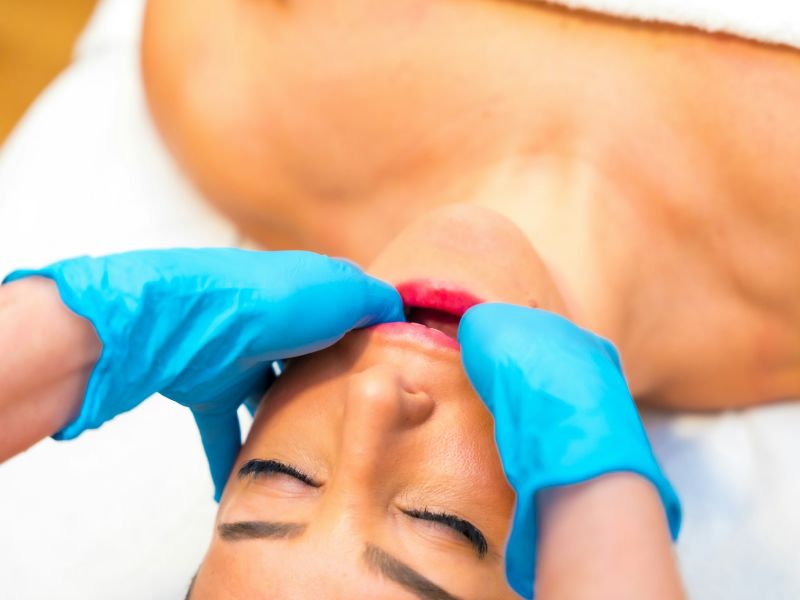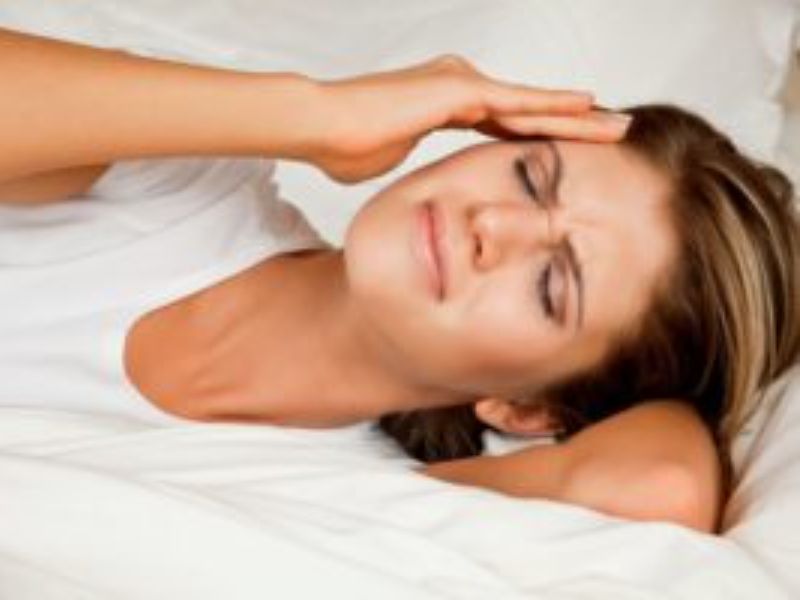TMJ / TMD Therapy
TMJ Treatment In Houston
The temporomandibular joints, or TMJ, connect the lower jaw to the skull. They are on each side of the face in front of the ears. The TMJ functions as a hinge, allowing an array of movements in the lower jaw to facilitate everyday activities like chewing, talking, yawning, and speaking.
This joint is an intricate system made from bones, cartilage, muscles, and ligaments. Dysfunction in any of these components can lead to persistent discomfort and pain. Moreover, it can impair jaw functioning, making everyday activities harder. This is known as temporomandibular joint (TMJ) dysfunction, or simply TMD.
Get In Touch
Begin Your Journey Towards Better Sleep
Causes Of TMJ dysfunction
Multiple causes of TMJ dysfunction exist, and one of the most common is grinding your teeth at night or clenching them in stressful conditions. This often goes unnoticed and puts extensive pressure on your jaw muscles, leading to tension and muscle pain. Stress and anxiety are also known to worsen the condition. Moreover, a misaligned bite can exert excessive pressure on the joint, leading to dysfunction.
Other causes may include trauma and injury to the joint, leading to extreme pain. Some research links TMJ dysfunction to environmental, genetic, and hormonal factors. So, it is a multifactorial condition, and the exact cause is difficult to ascertain. Once this occurs, it presents as limited jaw mobility, pain and tenderness in front of your ears, facial pain, headaches, and clicking sounds while eating and drinking with pain.

Comprehensive Care
Diagnosis of TMD is usually based on a comprehensive approach. Your dentist will start by taking a detailed medical history, including the nature of your pain, habits, duration of pain, and any recent traumatic experience. Later, they will physically examine the jaw by palpation to identify any tenderness, masses, abnormality in jaw movement, and popping sound on jaw opening and closure. In some instances, imaging may be needed, including X-rays, CT scans, or MRIs. Once diagnosis is established, a treatment option will be planned and tailored to your needs.
TMJ Care
A combination of noninvasive treatments, lifestyle modifications, self-care, and professional care can effectively manage TMJ disorder. In advanced cases, a surgical option might become necessary. Working closely with your dentist to create a personalized treatment plan tailored to your needs would be best.


Treatment Strategies
At Houston Sleep Associates, many treatment strategies will focus on each patient’s needs. Multiple treatments are combined to tailor an effective treatment plan for TMD. Therefore, a thorough assessment and an individualized treatment plan are needed.
Relief is achievable through our specialized TMJ in Houston, TX. Contact us today to schedule your appointment / TMD therapy!
Occlusal Adjustments
Occlusal adjustments are a dental procedure to correct bite-related issues, like how the teeth fit into each other when you close your mouth, especially during chewing. The term “occlusion” literally means how your teeth fit together. Any occlusion problem can lead to malocclusion, discomfort, pain while biting, wearing down teeth, and temporomandibular joint dysfunction (TMD). Occlusal adjustment is to adjust the biting surfaces of the teeth so they fit correctly, and a balanced, functional bite can be achieved to remove the associated symptoms. A dentist usually performs this procedure tailored to meet the needs of every patient specifically.


BOTOX for TMD
Believe it or not, BOTOX is being used these days at dental offices to correct your TMJ dysfunctions. Botox is a botulinum toxin injected inside your muscle to paralyze it temporarily. It is becoming widely popular these days for managing TMJ dysfunction. Especially when other treatment options like medicines and physical therapy fail to provide relief. Botox is injected into muscles surrounding the TMJ, which then temporarily paralyzes these muscles and helps reduce muscle tension, pain, and discomfort. Some people mention relief in one or two days after receiving their injection, while for some, it takes weeks. BOTOX provides relief lasting only several months, which means it's just done to manage symptoms. It's not a treatment itself.

Why Occlusal Adjustments Are Needed?
The need for an occlusal adjustment can be due to many reasons. Malocclusion is one of the most common causes, where misalignment of the teeth puts excessive pressure on specific teeth. This uneven pressure puts teeth at risk of wear, chipping, and sometimes fractures. Other reasons include losing a tooth or a couple of teeth due to periodontal loss, trauma, or excessive damage. This causes the teeth on either side to slide into the space, resulting in bite alignment changes. Other than that, dental restorations like fillings, crowns, and bridges might also slightly change your bite. They might need adjustments, too.
What's The Procedure for Occlusal Adjustments?
The occlusal adjustment procedure usually starts with you visiting us, where we will thoroughly evaluate your bite. We have tools to check each patient's bite to tailor a specific treatment plan. These tools include articulating bite paper or computer-aided occlusal analysis and pinpointing high-pressure areas. Once these areas are identified, these areas are reshaped while remaining minimally invasive and correctly only those areas that specifically need treatment. This whole process is an occlusal adjustment, and it can be accompanied by other supplementary procedures like orthodontic alignment or getting some dental restorations like fillings, etc.


After Occlusal Adjustments
Occlusal adjustment has many benefits for dental health and overall well-being. Correcting bite irregularities significantly improves chewing efficacy, lessening the pressure on the temporomandibular joint. This helps reduce jaw muscle soreness, headaches, and other symptoms of TMJ disorder.
While it can be highly effective, it is only recommended for some. This is generally recommended for those who have mild misalignments. Patients with extensive malocclusion might need a comprehensive treatment approach, and that is to get braces or full mouth rehabilitation, which involves different procedures combined to give the desired results. Regular follow-ups are required to check the bite later on.
Oral Appliance Therapy for TMD
Oral appliance therapy, commonly known as a mouthguard or splint, is a frequently employed method for treating temporomandibular joint disorder (TMD). These personalized devices are crafted to adjust the jaw's position, lessening jaw joint and muscle tension. Apart from easing discomfort, they are also beneficial in managing nocturnal teeth grinding, a prevalent indication of TMD. Regularly utilizing these devices can relieve TMJ / TMD symptoms by encouraging correct jaw alignment and reducing stress on the impacted joints.

Find Us
You can also email or fax us at any time, and someone will contact you shortly to accommodate your request. Please use the map below to plan your route to our dental office.
Phone: 281.378.4999
Fax: 713.522.7664
Address
2150 Richmond Ave. #101 Houston, TX 77098

